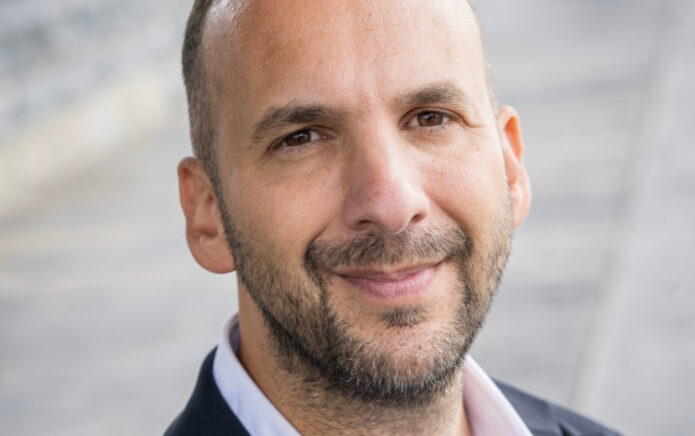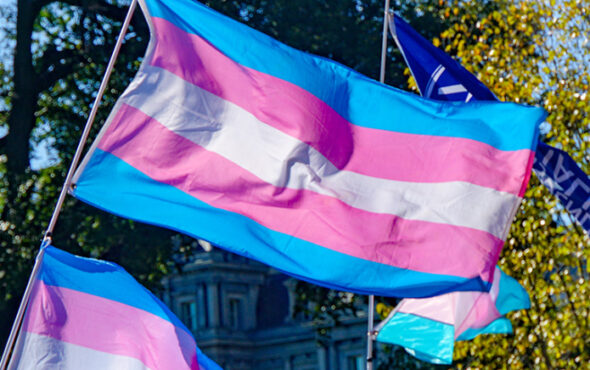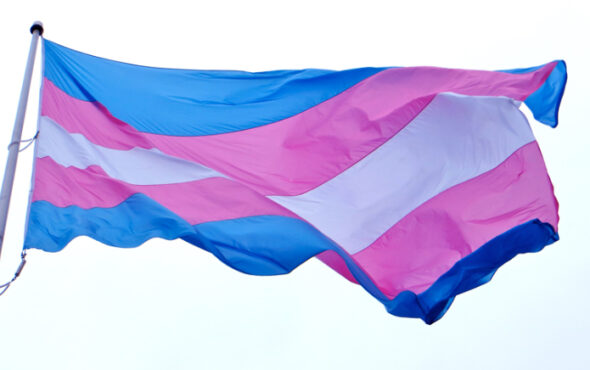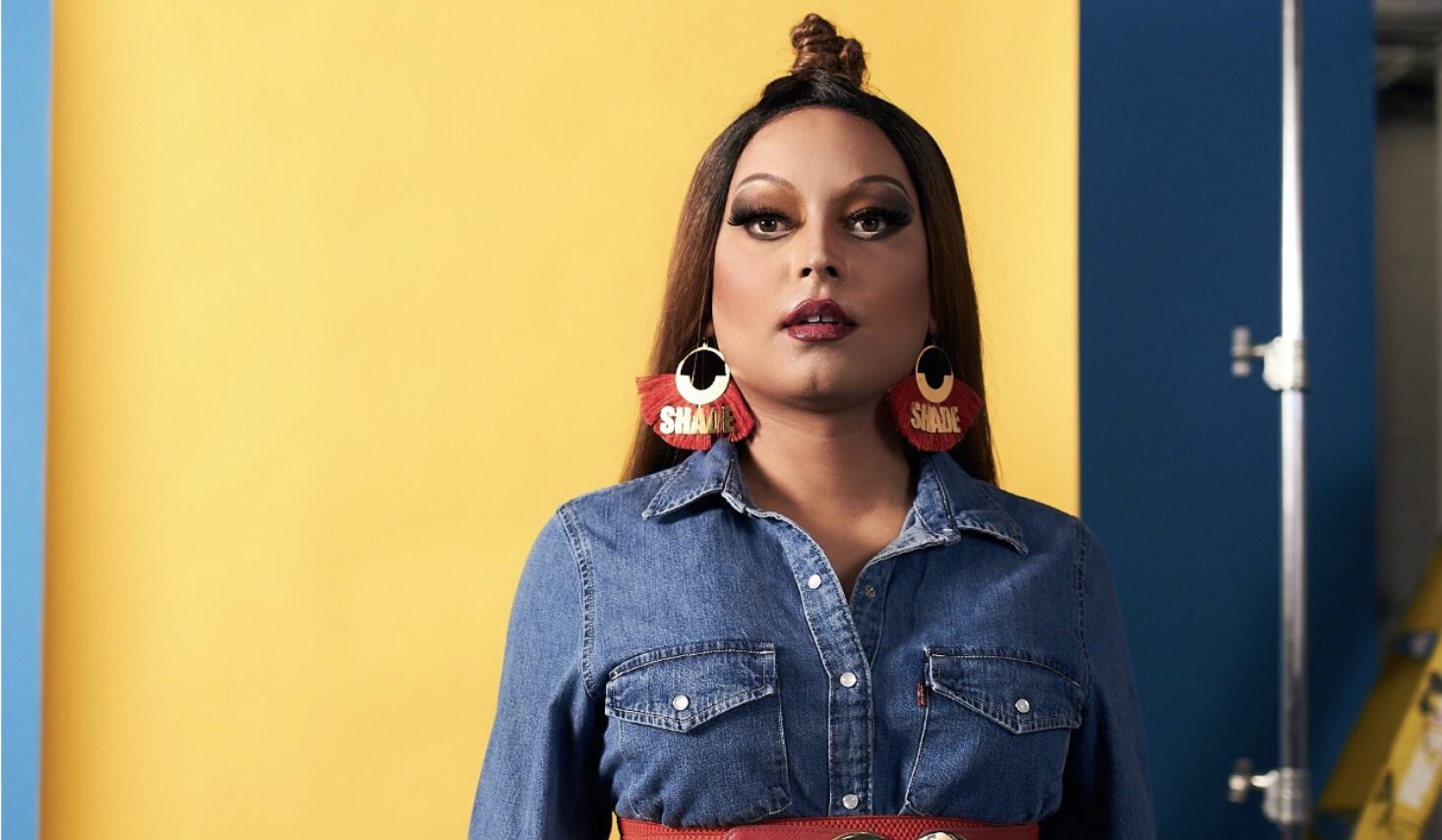
July is Disability Pride Month, an annual worldwide event, highlighting physical, learning, hidden disabilities and mental health. I really enjoyed catching up with Asifa Lahore, award-winning LGBTQ+ activist and star of Channel 4’s Muslim Drag Queens.
I began by asking Asifa what Disability Pride Month means to her?
The importance of Disability Pride Month is shining a light and representing those people within our queer community that don’t get heard or seen and in many cases it’s because of their disability, it’s simply because they’re deaf, they’re blind, they’re not able-bodied. As queer people we go through so much adversity and there are so many obstacles we have to jump in order to be ourselves, so when we’re all together we don’t always think about the intersectionality and diversity within our community and disabled people are a huge part of that. I’m glad that we’re taking the time to put the spotlight on disabled people within our community.
How does your disability impact you?
I’m severely sighted and on the blind spectrum, so in terms of my field vision I really struggle. When anyone sees me perform they would never know that I was blind, for me it’s very much a hidden disability. I can go about my daily tasks in the day. I struggle at night time and I struggle in dark areas. There are times when I can’t see an audience in front of me, even though I can hear them. Sometimes it’s so dark, all I can see is shadows. I have to pretend that I can see faces and imagine them in my mind. That’s really how my disability affects me, it’s mostly night time vision and blind spots within my field vision.”
Have you encountered stigma around disability from LGBTQ+ people?
Yes – whenever I go out clubbing or performing, for example, and people meet me backstage or they meet me out there on the dance floor, obviously being in dim lighting or dark spaces, I can’t see who’s in front of me. There have been many occasions where I’ve told people that I’m severely sighted, I’m blind, I can’t see you, who are you and people get very offended, very easily, despite knowing about my disability or even if I’m explaining it. My disability is sidelined and I’m seen as that bitchy drag queen, if you like, that doesn’t speak to people, but it’s very much that someone might be walking in front of me, I won’t be able to see them and sometimes it can be so hard to navigate that.
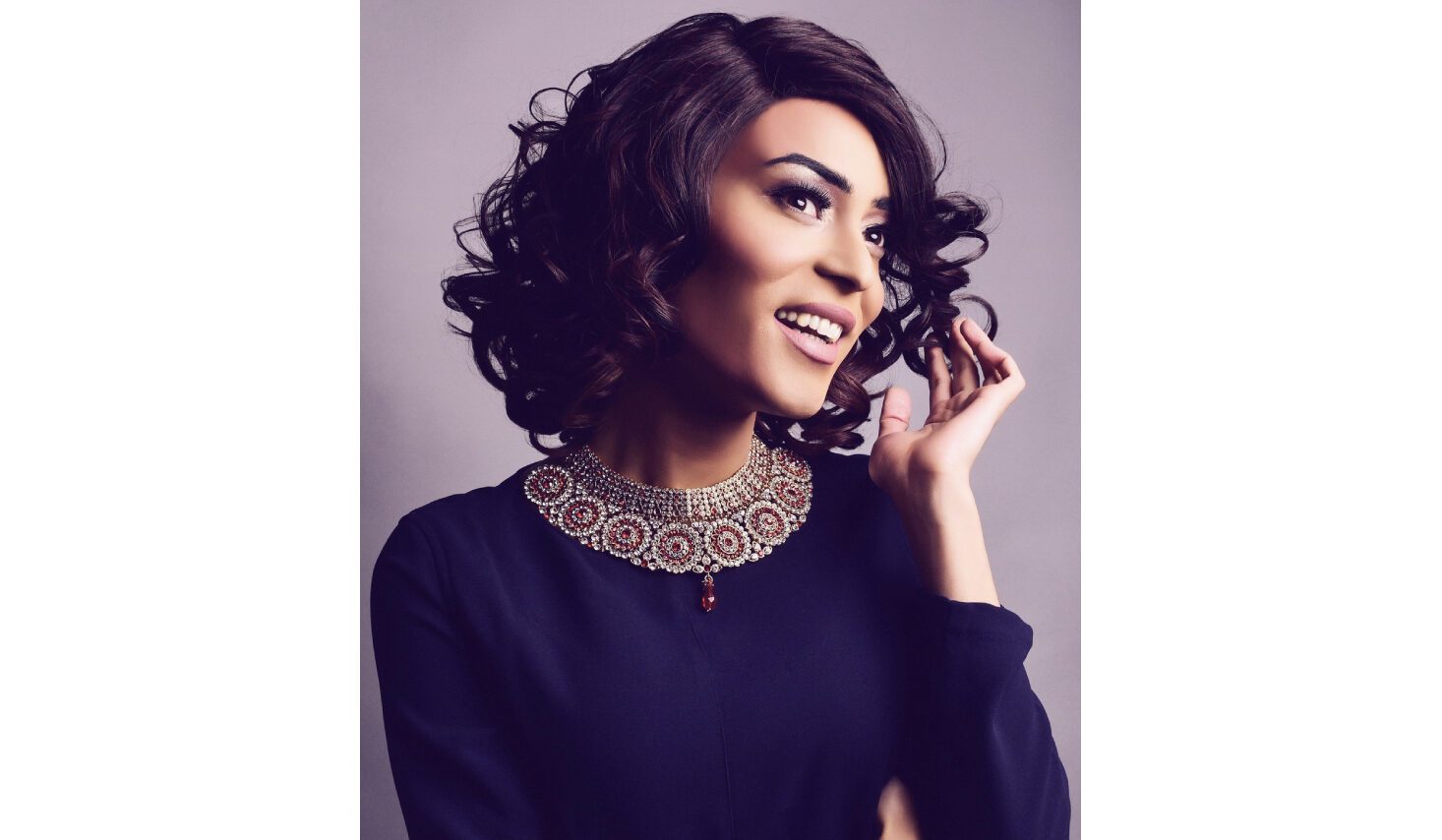
How could the use of language around disability be improved?
When I look at the use of language, I think why is there stigma for the words “blind”, “deaf”, “disabled”, “not able-bodied”, “wheelchair-use”? I don’t understand why there needs to be such stigma and why these terms need to even be normalised? They should be very out there in the public psyche and in our community psyche. We are a community that has had to jump over so many obstacles to be ourselves. It should be second nature to understand obstacles, even though we might not physically have them or we might not be disabled. I think it should come easier to understand another person’s disability, because of our own experiences of not being able to be ourselves.
Do you have any advice for LGBTQ+ disabled people?
The advice is never limit yourself, never diminish yourself because of your disability, be proud to be yourself in terms of being queer and LGBTQIA+, but also be proud of your disability – it’s part of you, never stop talking about it, never stop shouting out about it. For those of us who have hidden disabilities, I think we need to shout out about it even more and for those of us with visible disabilities, don’t feel ashamed, keep being yourself and keep taking up space, because that space you are entitled to and that space is for you so don’t feel ashamed.
Can you tell us about the projects you have coming up?
I’m actually performing at the Wales Millennium Centre on 6 August and I cannot wait. It’s the first time I’m performing in Wales and, for me, it’s really important to showcase my talent and my show “The Lahore Tandoori” up and down the country and in certain parts of the country that don’t normally get to see out-and-out drag. The Wales Millennium Centre has had a diverse plethora of LGBTQIA+ performers and I’m so glad to be performing there on 6 August.
Follow Asifa on Twitter: @AsifaLahore
